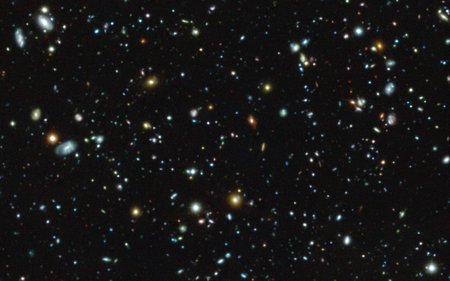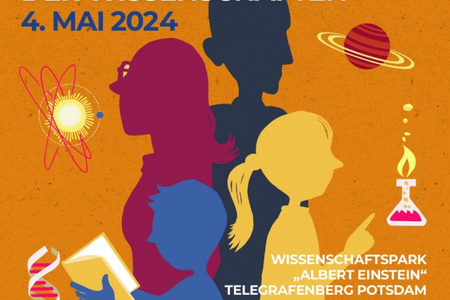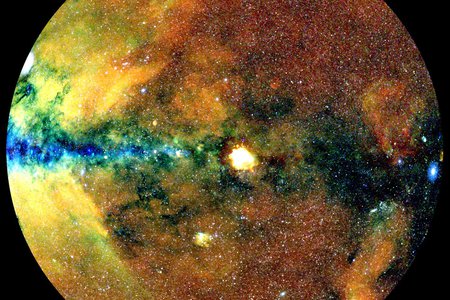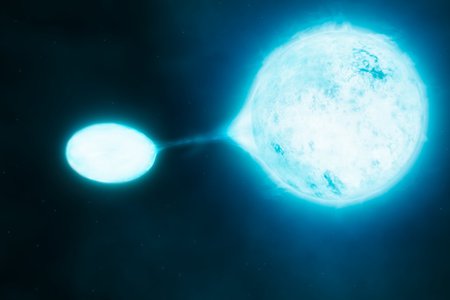Virtual lecture: Babelsberg Starry Night on 18 January 2024
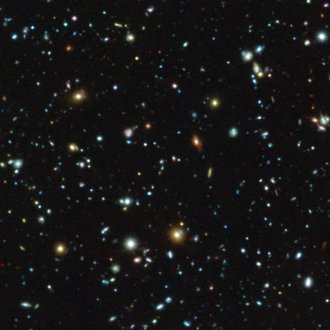
Deep images of dark sections of the sky with long exposure times reveal thousands of galaxies, as here in this image of the Hubble Ultra Deep Field, taken by the MUSE instrument.
Credit: ESO/MUSE HUDF collaborationThe next talk of the Virtual Babelsberg Starry Nights of the Leibniz Institute for Astrophysics Potsdam (AIP) on the topic "Deep Views into the Void - The Hubble Deep Fields" will be broadcast on the YouTube channel "Big Bang, Universe and Life" from Thursday, 18 January 2024.
On Thursday, at 8 pm, Dr Tanya Urrutia’s lecture on "Deep Views into the Void - The Hubble Deep Fields" from the Babelsberg Star Nights series will be online. The deep Hubble observations in seemingly empty regions of the sky have revolutionised our understanding of galaxy evolution, especially in the early universe. Tanya Urrutia explains why these deep fields are so important and how they advance our knowledge, starting from the history of the research field of "extragalactics" to her own work with the MUSE instrument at the Very Large Telescope in Chile.
Usually on the 3rd Thursday of each month, starting at 8 p.m., the lectures of the Babelsberg Starry Nights are available at
https://www.aip.de/babelsberger-sternennaechte
or via the YouTube channels Urknall, Weltall und das Leben (Big Bang, Universe and Life) and videowissen and can be viewed afterwards at any time.
Images
Deep images of dark sections of the sky with long exposure times reveal thousands of galaxies, as here in this image of the Hubble Ultra Deep Field, taken by the MUSE instrument.
Big screen size [1000 x 625, 90 KB]
Original size [1920 x 1200, 300 KB]
